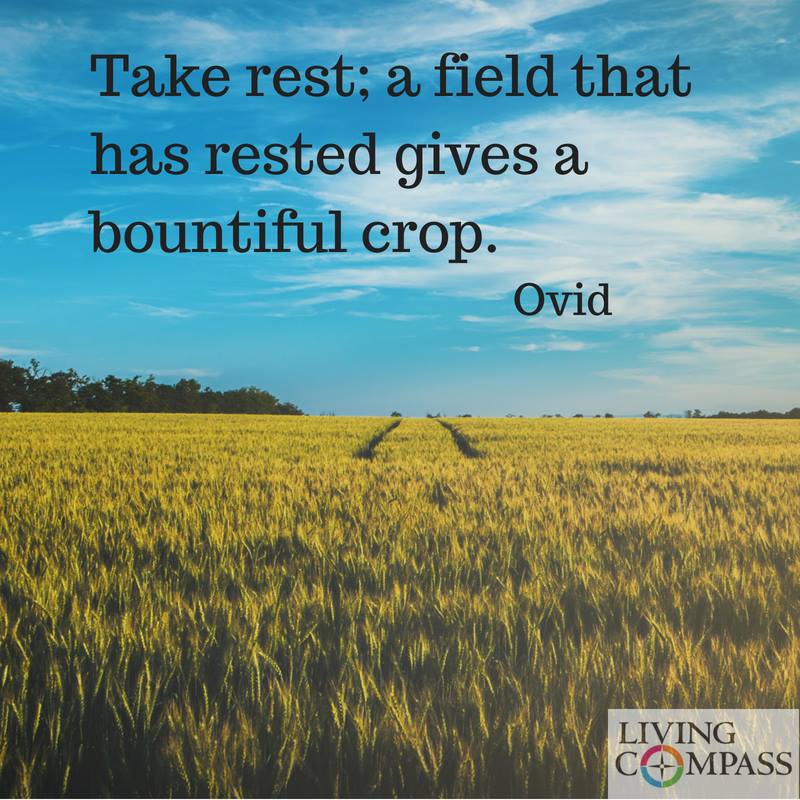The Beautiful Game
It's World Cup time and so the last two weeks have been heaven for soccer fans. Every four years, thirty-two countries meet (a record 211 countries started the qualifying process this time) for the World Cup, a month-long tournament watched by billions of fans around the world. The men's World Cup is happening now in Russia, and the women's tournament will take place next year in France.
Soccer is often referred to as, "The Beautiful Game." For me, there are many reasons for this; here are my top three.
Simplicity. Soccer is perhaps the most simple sport there is. All that is needed to play is a ball and a couple of make-shift goals. No fancy or expensive equipment is required. An example of this was shared recently with me by a friend of mine with whom I have the honor of playing soccer each week. He told me about growing up in Tunisia and how his family and his friends' families did not have enough money to buy a soccer ball. This didn't stop them as they regularly made soccer balls out of rolled up newspaper and then used garbage cans as goals.
Another example of soccer's simplicity is its rules. There are only seventeen rules, known as the seventeen "laws" of soccer, and with the exception, perhaps of the offside rule, they are easily understood. Compare this, for example, to American football which has close to four hundred rules.
A celebration of diversity. No other sport has the worldwide popularity both for players and spectators. Right now you can watch teams from all corners of the world playing in the World Cup, countries as diverse as Panama, Iceland, South Korea, Senegal, Poland, Iran, Uruguay, Mexico, Japan, and Russia.
I started playing soccer in my mid-thirties, and twenty-five years later I am still fortunate to be able to play. Among the group of men I play with, we have players who grew up playing soccer in Ireland, Tunisia, Greece, Argentina, Mexico, Iran, Saudi Arabia, Nigeria, England, South Africa, Peru, Columbia, and Russia. We are men with different backgrounds who love the sport, and that commonality is a great connector. Our games and friendships are also a reminder to us of our shared humanity and the universal desire to have fun with friends. These men, unlike me, all grew up with a ball at their feet, and clearly play a more beautiful version of the game than I ever will!
Celebrating the flow of play, and not just the results. It is not uncommon to hear Americans say that soccer is boring because there is so little scoring. People are perplexed as to how anyone could enjoy watching a ninety-minute match that ends in a score of 1-0 or even 0-0. The beauty of soccer though is not only about scoring but in the continuous flow of the game. Because there are no timeouts or commercials (except at halftime), the game is always in motion, ever-changing, and the players as a team must continuously adapt, communicate, and improvise in the flow of play.
Soccer fans understand that goals are rare and so learn to celebrate the beautiful dance and flow of the entire game. The focus of the team with the ball is always to keep moving forward, knowing that goals will be few, but with discipline and perseverance, goals will come in time. If you want to thoroughly appreciate the beauty of the flow of the game, next time you watch a game, don't just watch the player with the ball, but watch all the other players as they make runs to create space and possible scoring opportunities.
Simplicity, celebrating diversity, and learning to appreciate the flow of the game and not just the results are three ideas that sound like a good description not only of the beautiful game but also, of a beautiful life.
Subscribe Now to Weekly Words of Wellness:
Click the button below to signup for the e-mail version of Weekly Words of Wellness. This weekly article can be shared with your community electronically and/or used for group discussion.
You can unsubscribe at any time.




